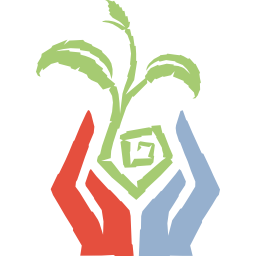Transparency in the Tea Industry
Means you know what it is, from where it's coming, and who is making it.
Why it matters
Do you prefer to buy produce from local farms at Farmers Market? You can do the same with tea. There are bad ethics and agriculture practices happening at large in the tea industry. Transparency is the only way to know if your purchase as a business or as a consumer encourages these practices or encourages empowerment. Read a report of human trafficking on tea plantations.
Obsolete Solution - Certifications
You may trust the Fairtrade or other certification of ethics, but they must not be trusted at face value. A recent report highlights the downfalls of Fairtrade certification in the coffee industry, not much different than the challenges in tea.
Certifications are costly (only attainable by large, corporate operations) and only make farms accountable for local labor laws. The minimum wage of tea farm workers in West Bengal is only 90INR per day which is equivilent to about $1.50 per day.
Fairtrade and local law require tea plantations to provide social services to supplement the low wage, but this is not enough. Tealet and transparency are about empowerment and exchanging value (a fair price) with the tea farmer/producer so they can build a strong life and community for themselves.
A Proposed Solution - Transparency
The UK and California governments have both implemented laws requiring large corporations to provide transparency reporting to assure the market there is no unfair labor practices or human trafficking. These laws are new and only applicable to large corporations so more time is needed for proper transparency reporting to develop.
Tealet is just a small company that is no where near the size to be subjected to these laws, but we are committed to setting an example, even for the largest and most experienced tea companies. For this reason we will be updating this page with comprehensive transparency reports for all of the tea suppliers in this network.
Our reporting is based on this Standard of Transparency that we encourage all business owners nad consumers to reference.
Our first report is in the form of a video and is an expansion of Beverly Wainwright's explanation of how Amba Estate in Sri Lanka overcomes the obstacles of organic farming, economics, and employee empowerment. Hint: it's not with Fairtrade

